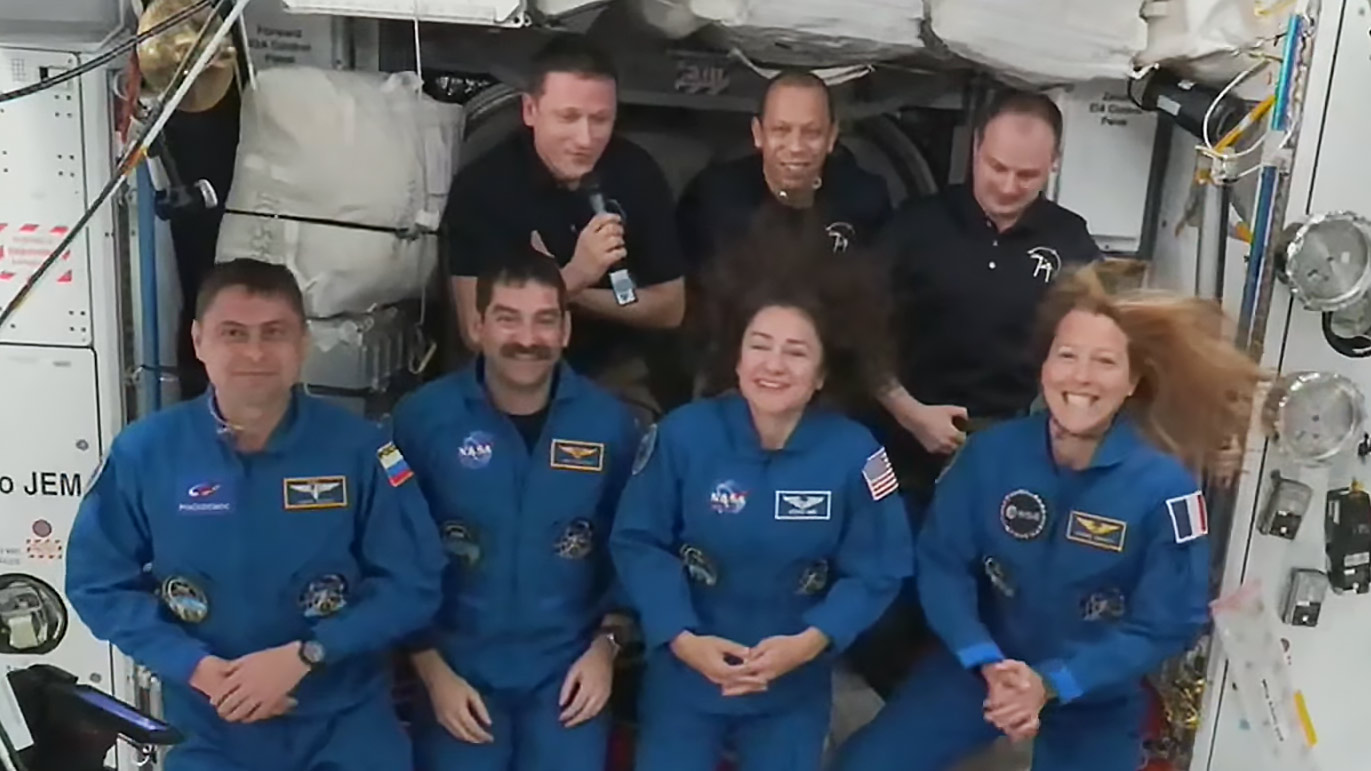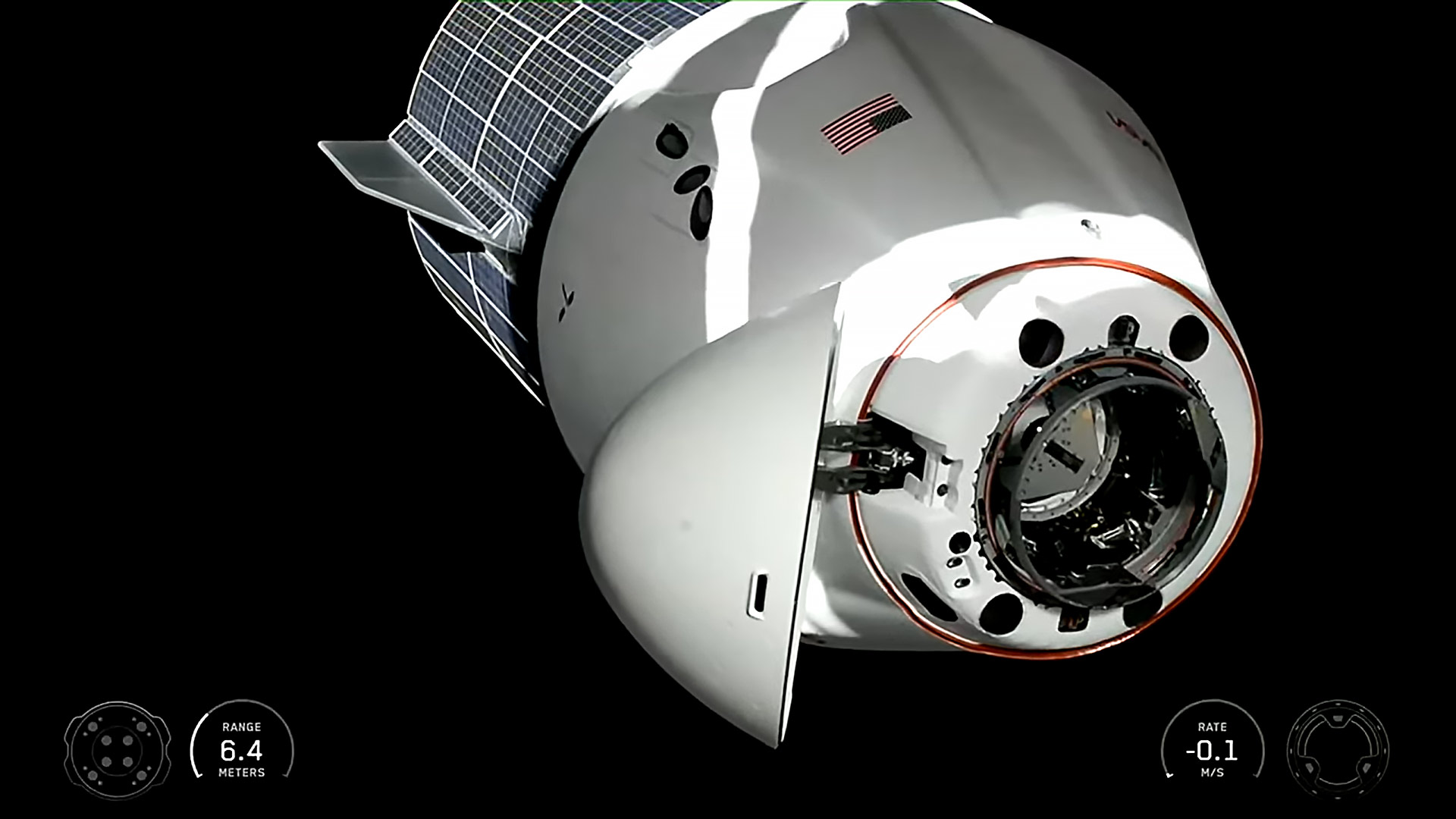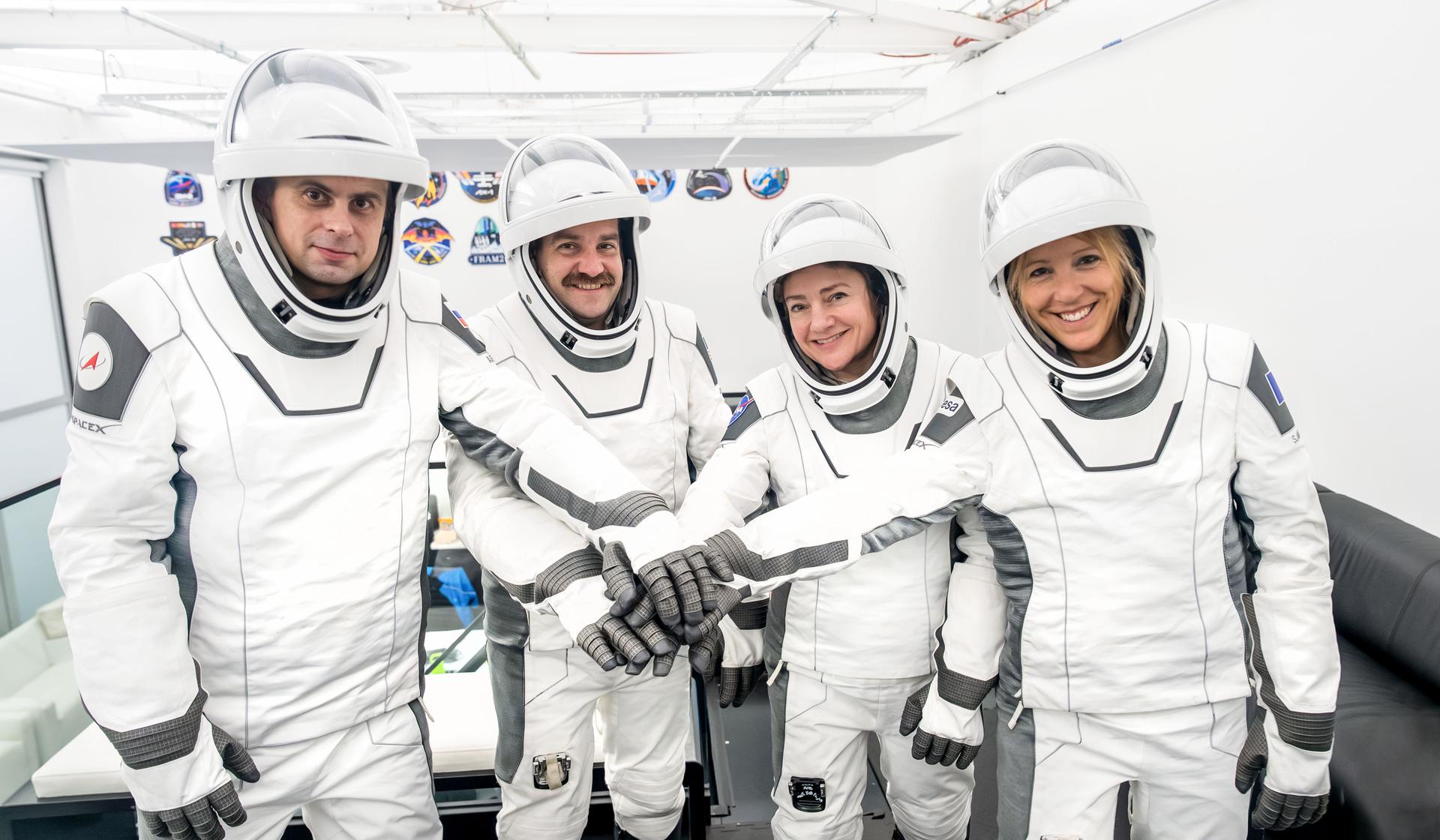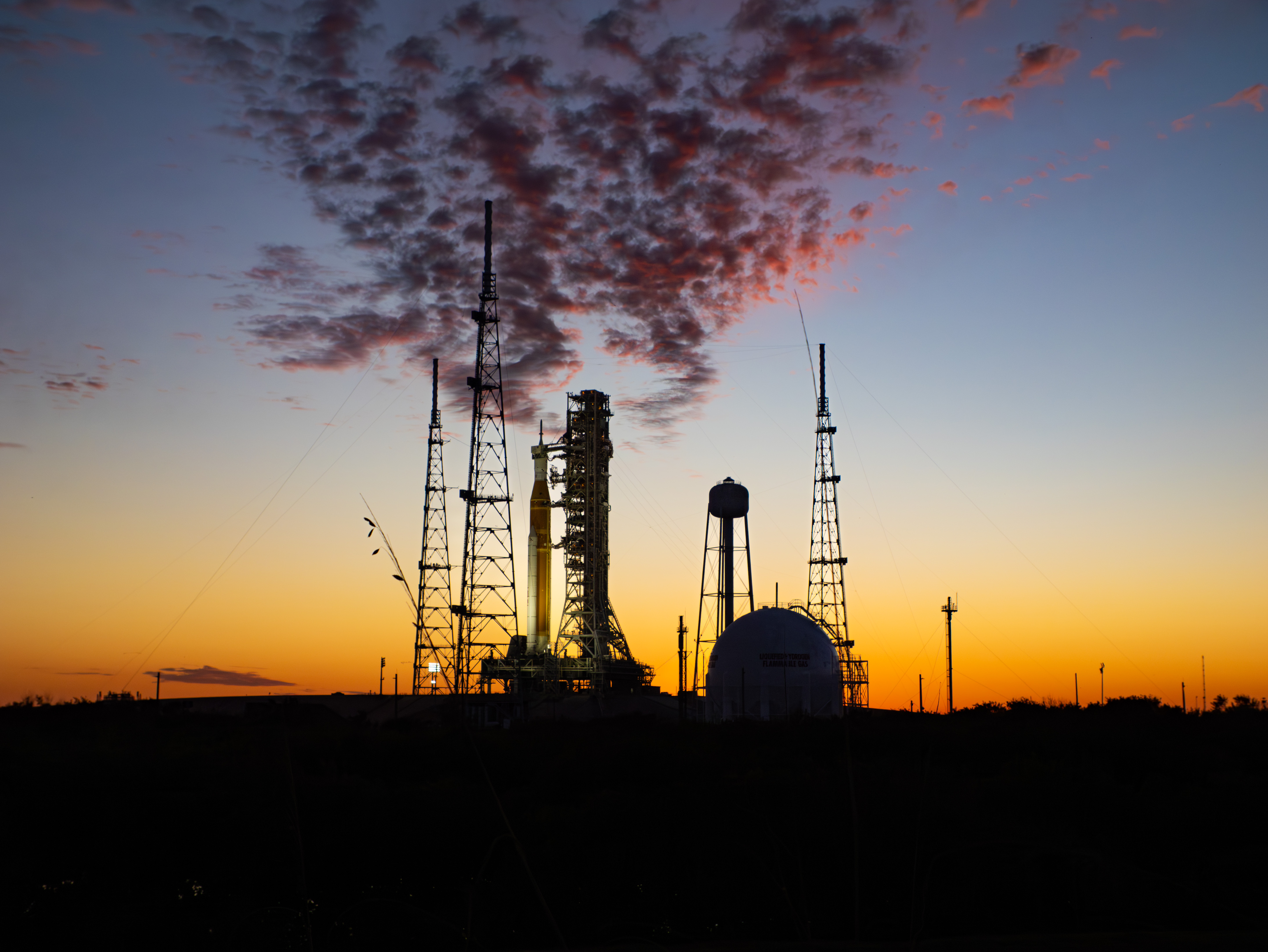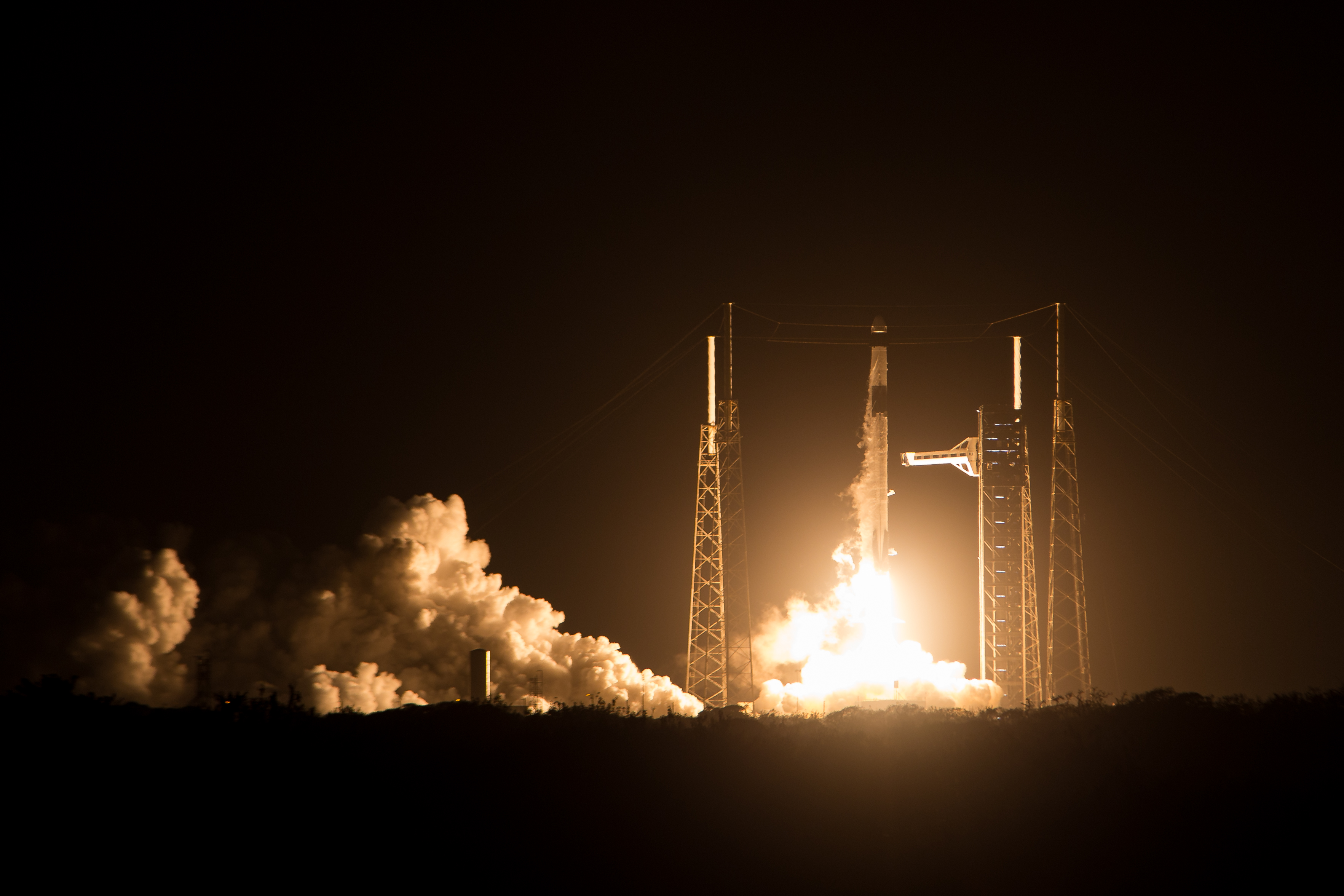Surveyor Model 2
Type
Launch
Target
Objective
What was Surveyor Model 2?
This was another test flight for NASA's Surveyor lunar lander spacecraft. A malfunction with the rocket left the payload tumbling in the wrong orbit. The payload reentered Earth's atmosphere May 5, 1966.
| Nation | United States of America (USA) |
| Objective(s) | Highly Elliptical Orbit |
| Spacecraft | SD-3 |
| Spacecraft Mass | 1,728 pounds (784 kilograms) |
| Mission Design and Management | NASA / JPL |
| Launch Vehicle | Atlas Centaur (AC-8 / Atlas no. 184D / Centaur D) |
| Launch Date and Time | April 8, 1966 / 01:00:02 UT |
| Launch Site | Cape Canaveral, Fla. / Launch Complex 36B |
| Scientific Instruments | None |
Key Dates
April 8, 1966: Launch
May 5, 1966: Spacecraft reentered Earth's atmosphere
In Depth: Surveyor Model 2
This was a NASA test to launch a dummy Surveyor lunar lander spacecraft into a barycentric orbit towards a simulated Moon.
Unlike the two previous Surveyor mass model tests, this flight was supposed to demonstrate a restart capability for the Centaur upper stage. The Centaur-Surveyor combination successfully achieved parking orbit around Earth with a first firing, but when it came time for the second firing, the Centaur RL-10 engines fired for only a few seconds instead of the planned 107 seconds.
A thrust imbalance left the payload tumbling and in an incorrect orbit of 113 × 208 miles (182 × 335 kilometers) at a 30.7-degree inclination. The problem was later traced to a hydrogen peroxide leak in the ullage motors of the Centaur stage.
With no hope of reaching its ultimate orbit (planned for 104 × 236,000 miles or 167 × 380,000 kilometers), the payload reentered Earth's atmosphere May 5, 1966.
Key Source
Siddiqi, Asif A. Beyond Earth: A Chronicle of Deep Space Exploration, 1958-2016. NASA History Program Office, 2018.

























